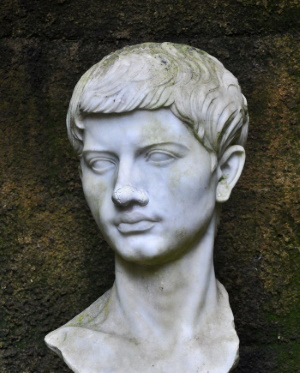| From
Aeneid Book 6 Aeneas has met his his father, Anchises, in the underworld, among the dead. Anchises shows his son the marvels of the place, including a riverbank where the souls of the dead are crowding, in the hope of a second chance at life... |
